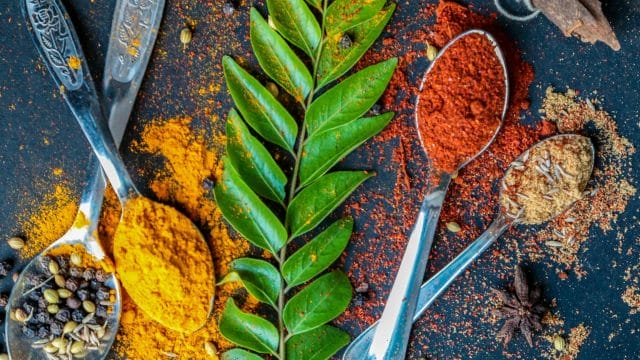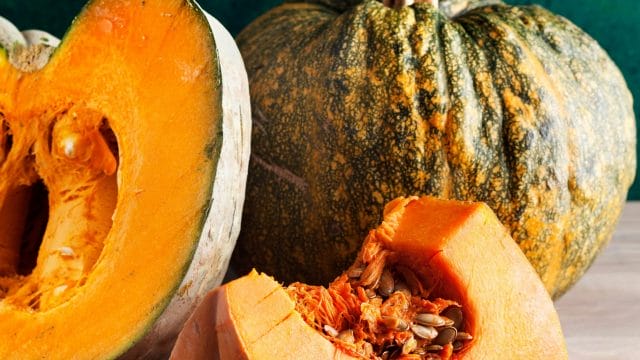Chronic inflammation is a silent stressor that can affect everything from mood and memory to energy and long-term brain health. While some inflammation is normal (it’s how your body heals), ongoing low-grade inflammation can contribute to conditions like heart disease, cognitive decline, and fatigue.
The good news? Food is one of the most powerful tools for keeping inflammation in check. By adding more low-inflammation foods to your plate, you can help your body and your brain function at their best.
Here are 12 of the top low-inflammation foods backed by science:
-
Leafy Greens – Spinach, kale, and Swiss chard are rich in antioxidants that protect cells from stress.
-
Berries – Blueberries, raspberries, and strawberries are packed with flavonoids that support brain and heart health.
-
Fatty Fish – Salmon, sardines, and mackerel provide omega-3 fatty acids that calm inflammation.
-
Avocados – High in fibre and healthy fats, avocados help regulate inflammation and support brain function.
-
Extra Virgin Olive Oil – Contains oleocanthal, a compound known for its natural anti-inflammatory effects.
-
Nuts and Seeds – Walnuts, almonds, chia, and flaxseeds deliver omega-3s, fibre, and magnesium.
-
Whole Grains – Oats, quinoa, and brown rice provide steady energy and support gut health.
-
Garlic – Its sulphur compounds help modulate inflammation and strengthen immune defences.
-
Mushrooms – Contain ergothioneine, an antioxidant that protects brain cells from inflammation.
-
Green Tea – High in polyphenols that reduce oxidative stress and protect brain cells.
-
Turmeric – Its active compound, curcumin, is known for powerful anti-inflammatory and antioxidant benefits.
-
Cruciferous Vegetables – Broccoli, cauliflower, and Brussels sprouts support natural detoxification pathways.
Incorporating even a few of these foods regularly can make a measurable difference in how you feel — sharper focus, steadier energy, and better long-term brain health.
Small steps, consistent choices, and nutrient-rich meals can truly change the way your brain ages.




